Category: Seniors
-
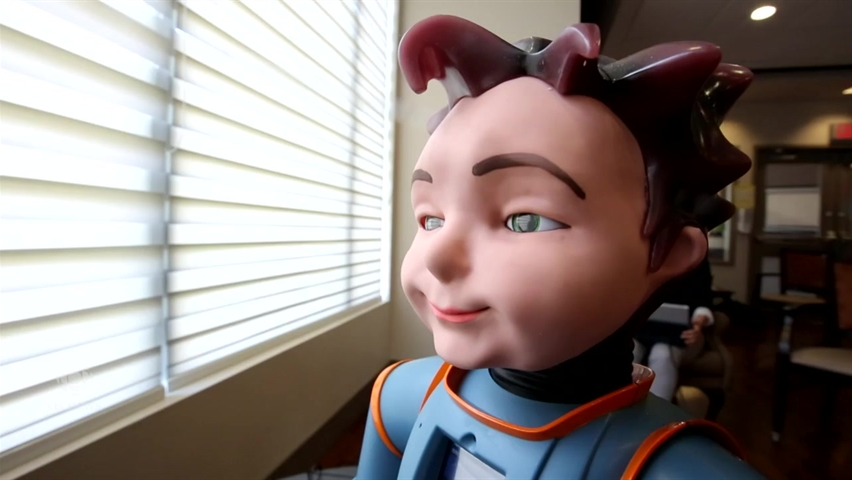
Robot assesses, assists dementia patients
Ludwig is a University of Toronto – built robot meant to assist seniors with cognitive issues. “He” stands in front of a person, displays a picture on a screen, and asks the viewer to describe what he or she sees. Ludwig then interprets a user’s condition, including engagement, happiness or anxiety, and behavior changes over time.…
-
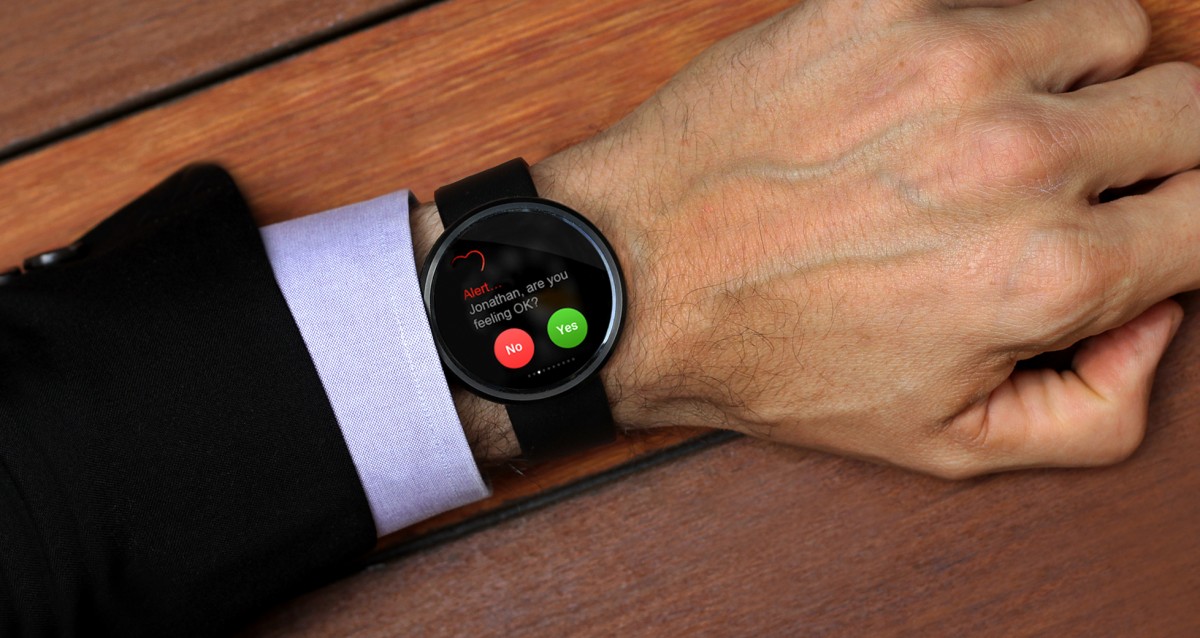
Wearable detects cardiac arrest, notifies emergency services
iBeat is a wearable emergency response system that continuously monitors the heart. Meant for seniors, it detects cardiac arrest in real time, provides alerts, and sends regular updates to caregivers. If cardiac arrest is detected, the wearer receives a call within 10 seconds. If he/she cannot be reached, an emergency contact and emergency medical services…
-
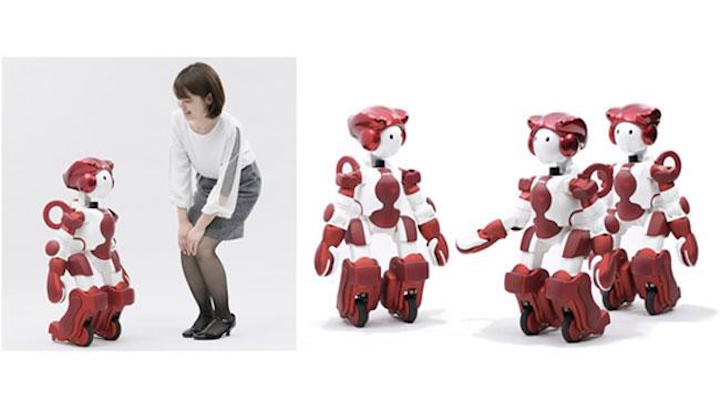
Voice, image,language identifying robot responds to human dialogue
Hitachi’s EMIEW3 robot, designed to provide customer service in commercial environments, could be an ideal companion for the elderly or disabled. Its “remote brain” allows it to identify voices, images and language in its surroundings (which it can process with background street noise). AI enables it to respond to human dialogue and avoid collisions. It is light enough to…
-
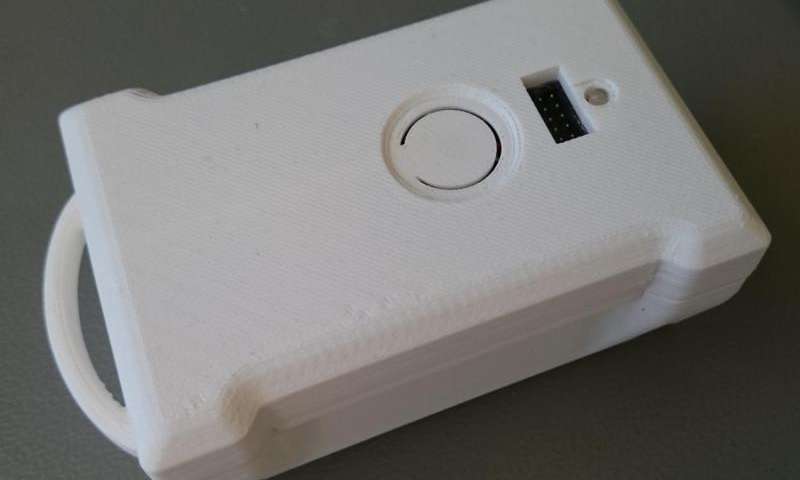
Pressure change sensor detects more fall types in seniors
SINTEF‘s Anders Liverud and Tellu AS colleagues have developed a fall detector able to detect more types of incidents, including “sinking falls” often missed by current sensors. These slow motion falls are difficult to monitor as they occur slowly, and the g-forces are not significant. Examples include when a senior slides down a wall, or…
-
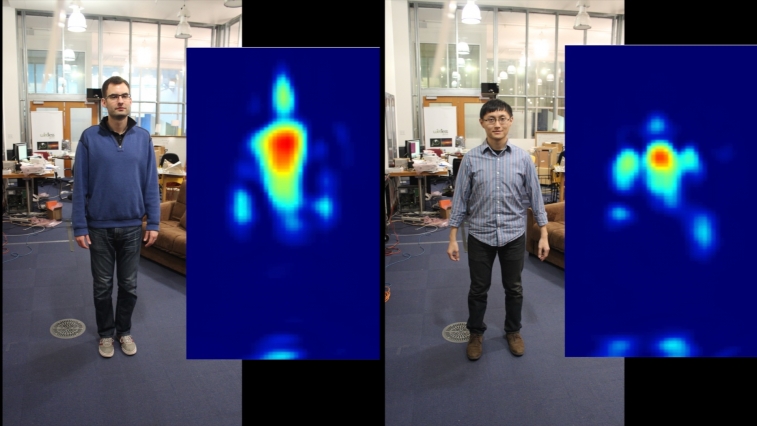
“X ray” vision for fall prevention, motion detection
Dina Katabi and MIT colleagues are using radio signal based software to recognize human silhouettes through walls, and track movements. The technology is intended to help monitor children and the elderly, and could be used by the military and the police. The signal is displayed on a screen, where movements are tracked in real time. The person is…
-
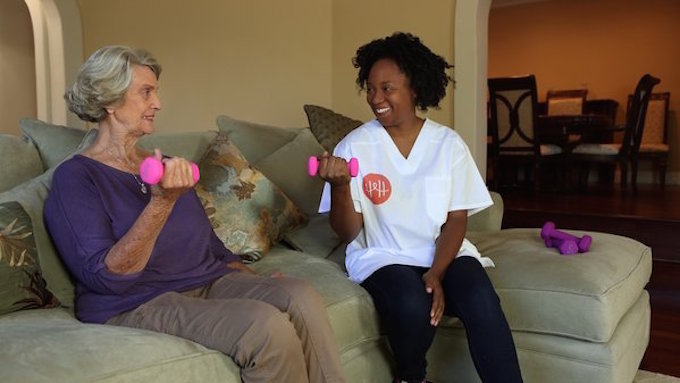
Senior caregiver matching + crowdfunding
HomeHero is a senior caregiver site that uses an algorithm to match families with carers, and provides video interviews, daily, mobile access to care reports and security camera feeds. While it is not the only caregiver matching site, it is perhaps the slickest, and has one standout feature — the ability to crowdfund care via…
-
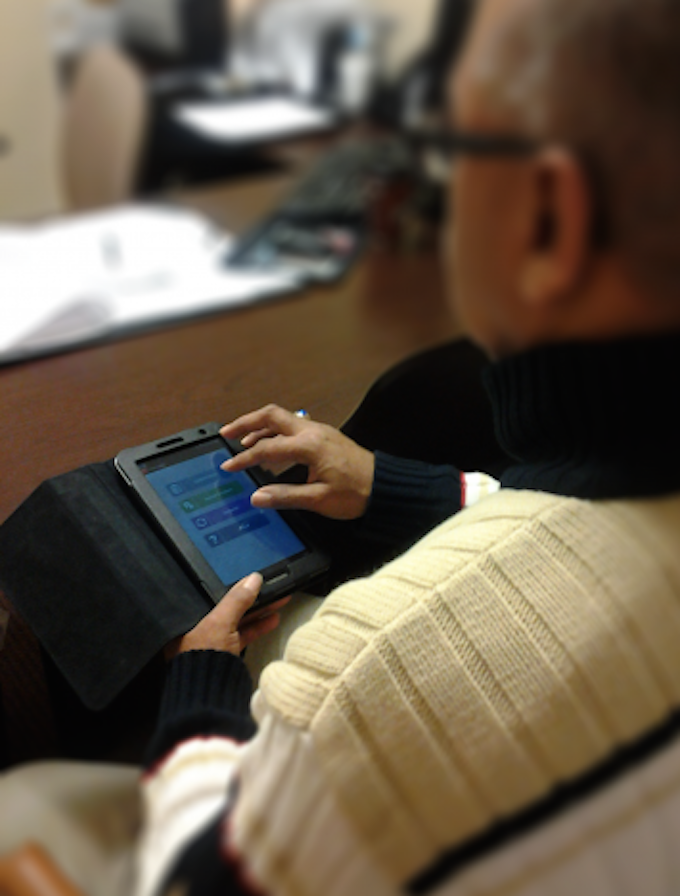
Interactive senior health and brain training app
Notre Dame’s Nitesh Chawla has created eSeniorCare, a personalized, social app to help seniors age in place. Several existing apps track data. eSeniorCare is meant to engage and stimulate seniors, and be interactive. Users can connect with carers by sending questions and concerns through text or voice recordings. Health goals are tracked and sent to supporters who…
-
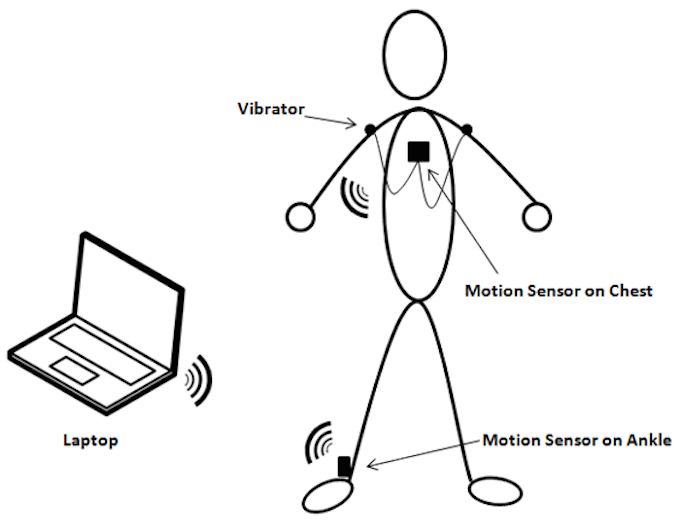
Gait monitoring wearable to prevent senior falls
Roozbeh Jafari and Texas A&M colleagues are developing a gait monitoring wearable to prevent senior falls. The system will analyze multiple sway and gait parameters while one walks or stands on one leg. Users will receive auditory and vibration feedback to reduce an unsafe sway and prevent falls. The wearable will be worn on the…
-
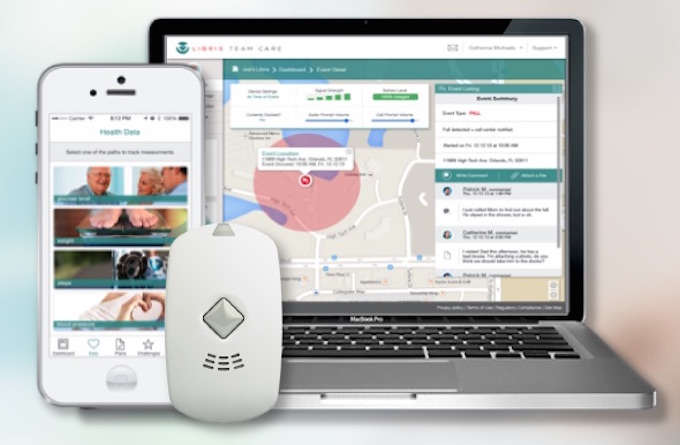
Device analyzes senior behavior, notifies caregivers of anomalies
Numera EverThere monitors senior health and daily activities in real time, and immediately notifies caregivers of of out-of-parameter readings. Senior safety products are typically reactive — the most popular example being a button pushed after a wearer has fallen. EverThere aims to be proactive, monitoring daily activities and movement to determine anomalies which require intervention. The service…
-
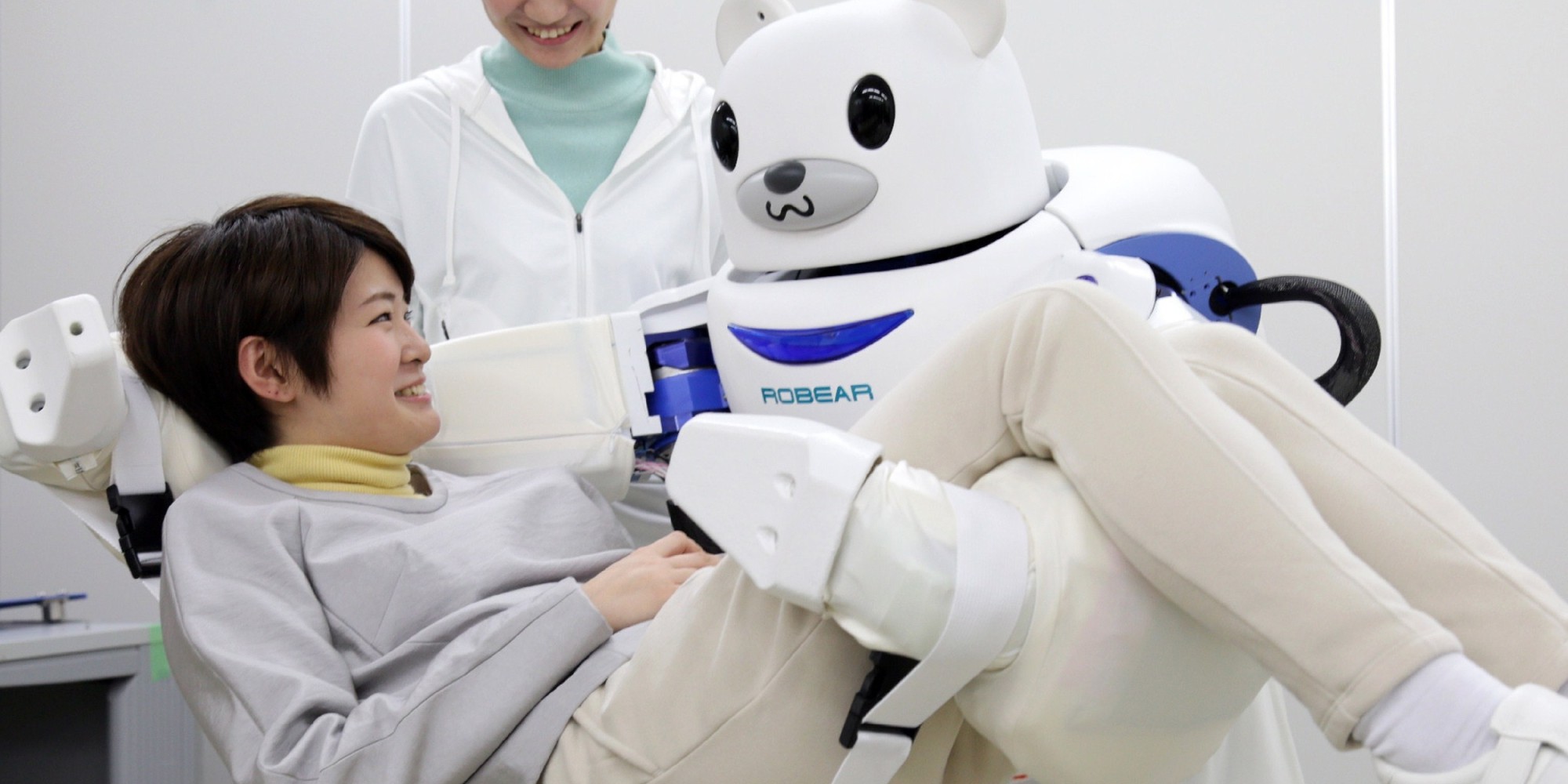
Senior robots perform tasks, respond to emergencies
Robots can help seniors age in place. Following are examples of robots that perform tasks, communicate, and notify loved ones in emergencies. Toyota’s Human Support Robot program’s current robot prototype is compact and highly maneuverable, with a folding arm which can pick up objects off the floor, and bring things down from shelves, among other…
-
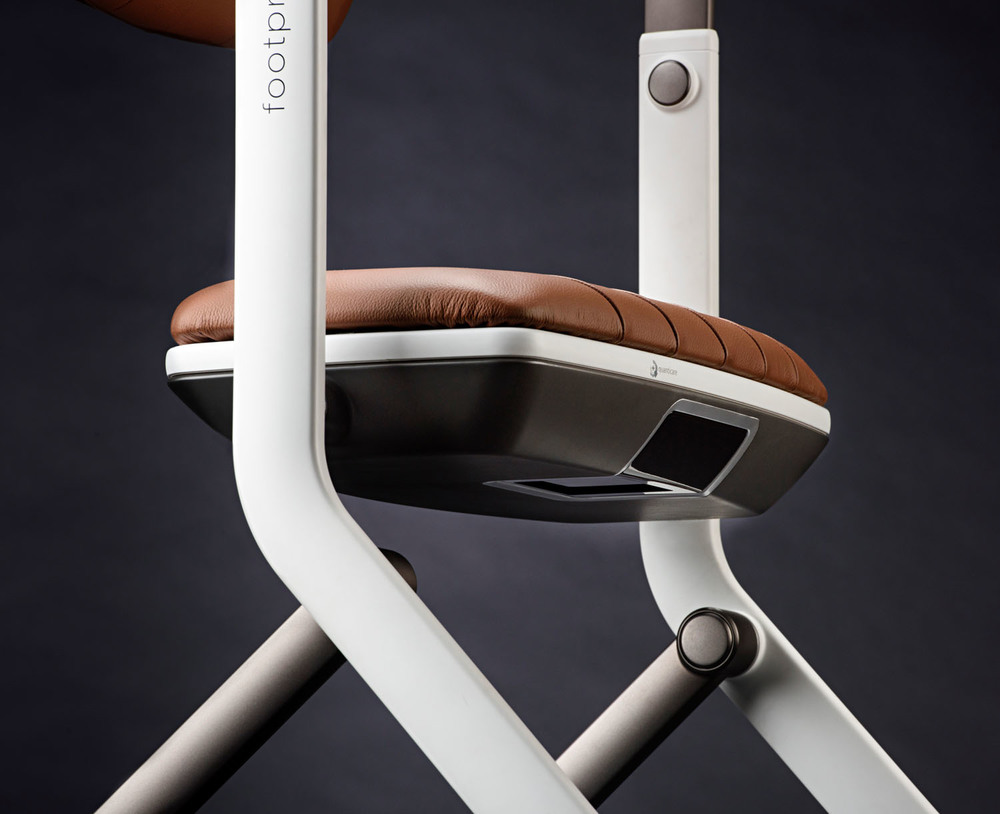
Smart walker monitors gait, assesses falling probability
Footprints by Quanticare is a walker that continuously collects passive and contextual gait data, with the goal of predicting and preventing senior falls. Its computer vision algorithm captures spatio-temporal gait metrics of the user and sends the data to a health care provider. The company claims that the walker could measure an osteoarthritic limp to improve PT protocols, and…
-
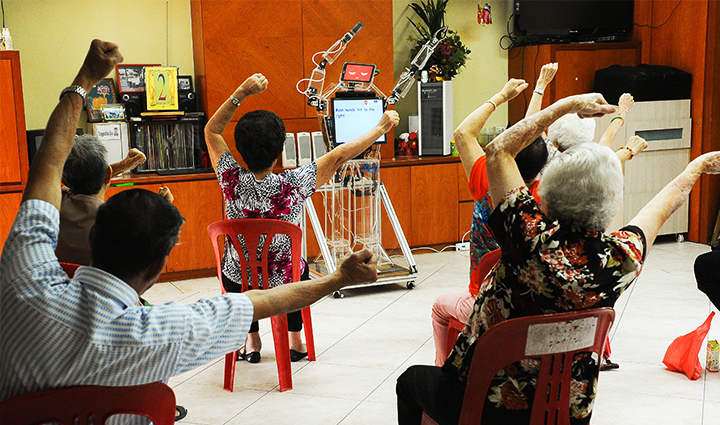
Robot leads senior fitness classes, corrects participant form
Robocoach uses motion-sensor technology to coach seniors during exercise classes. Created by Ngee Ann Polytechnic student Lim Pei Xuan, the robot has blue eyes and two teeth, and mimics human movements, Voices are recognized, including instructions to start the session. In large group workouts, the pace is slowed, to ensure that everyone can keep up. Robocoach…